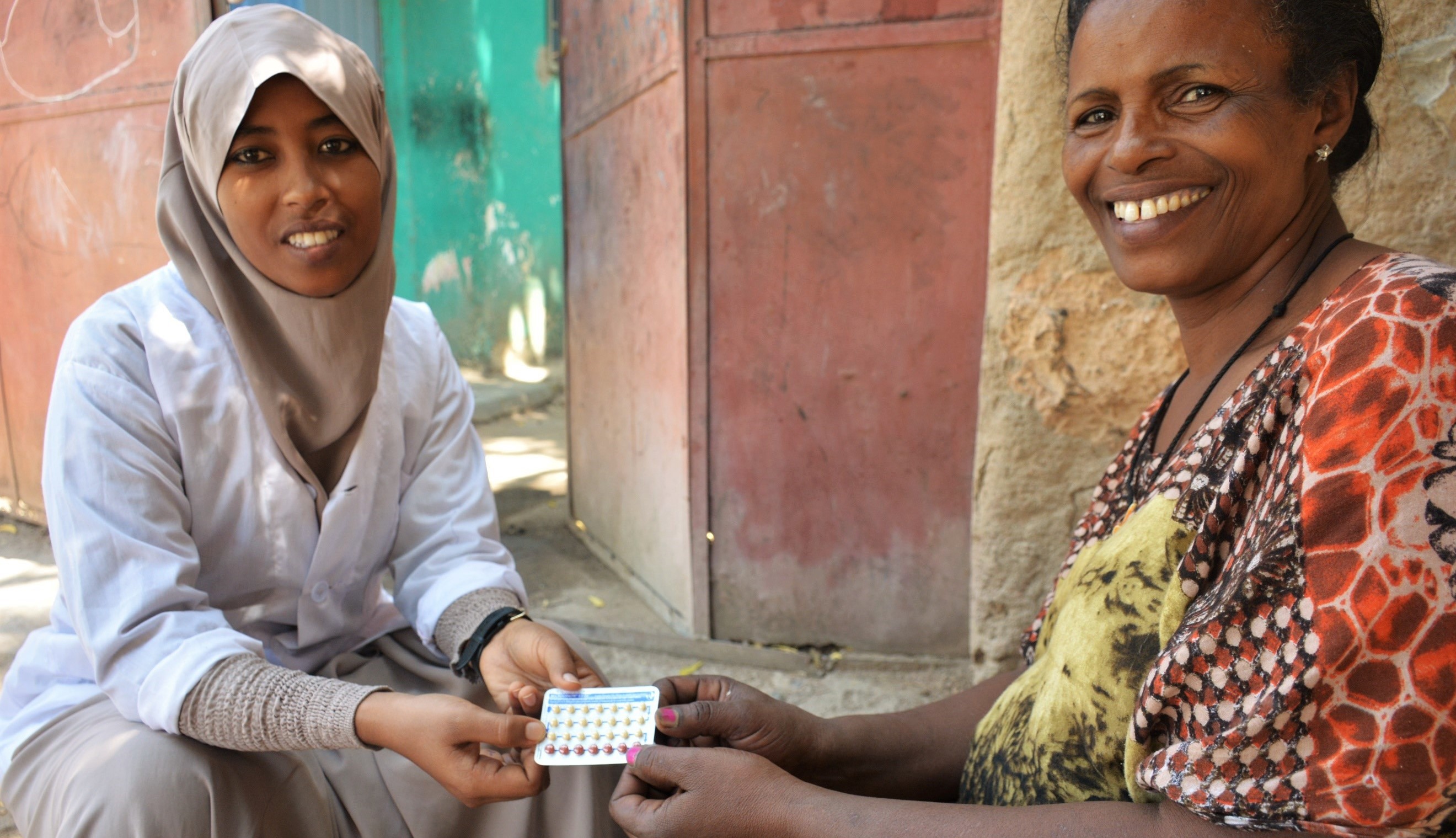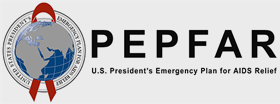
Logistical problems and poor management of contraceptive supply orders were complicating the family planning efforts of women who live near the Hawas Health Center in the central Ethiopian town of Adama. “Obtaining our method of choice at the health center used to be a major challenge for us,” said Nejiba Mehdi, a 29-year-old mother of two.
To address these issues, the USAID Global Health Supply Chain Program-Procurement and Supply Management (GHSC-PSM) project has provided comprehensive support across the supply chain. Targeted activities include regular contraceptive stock analysis for mitigating risks and ensuring supply continuity; helping strengthen national coordination and advocacy for improved contraceptive financing; and implementing a quality management system to streamline supply management. Overall, the project is supporting the Government of Ethiopia to improve supply chain efficiency and contraceptive availability across the country.
GHSC-PSM’s comprehensive supply chain support has also helped strengthen the policy environment that affects contraceptive stockouts, including improved record-keeping, supply tracking, and data management and its use for decision making. The accuracy of national forecast and supply planning has improved significantly—leading the Government of Ethiopia to allocate sufficient budget to contraceptives to meet national demands.
“Previously, we used to face stockouts at the health center level; however, due to the support we received from the GHSC-PSM team, this has improved to almost zero stockouts,” said Hawas Health Center Director Nejash Ali.
After GHSC-PSM’s support with assessing contraceptive forecast accuracy and advocacy, the government’s share of financing for contraceptives grew from 68 percent in 2017 to 78 percent in 2019. These efforts have ensured that Hawas Health Center and other health facilities in Ethiopia have a reliable supply of contraceptives.
“Working with GHSC-PSM has enabled us to realize our ownership in ensuring supply reliability for contraceptives, not only at the health center but also at a regional level. We are now providing eight types of contraceptives uninterruptedly,” said Adanech Mekonnen, a logistician at the Adama health office.
The Ethiopia Demographic and Health Survey indicates that unmet need for family planning was 22 percent in 2016. By 2018, that figure had dropped to 20.6 percent, according to the FP2020 performance monitoring and accountability survey.
“I benefit from the use of family planning products; pills are my personal favorite,” said family planning client Mulu Feke. “I receive my batch of pills every month and, thankfully, I haven’t had a situation where I was turned away at the family planning unit for lack of pills.”
In partnership with the Government of Ethiopia, local non-governmental and faith-based organizations, and other groups, USAID and GHSC-PSM supported the procurement and distribution of family planning and reproductive health products worth approximately $12.5 million to more than 4,000 USAID-supported facilities in Ethiopia from 2017-2020. The contraceptives, when combined with proper counseling and correct use, are estimated to help prevent: 769,000 unintended pregnancies, 227,000 abortions, and 1,060 maternal and 15,000 child deaths. These investments in contraceptives have the potential of saving approximately $52.2 million in direct spending on healthcare—resources that can be reinvested in Ethiopia's health system.


